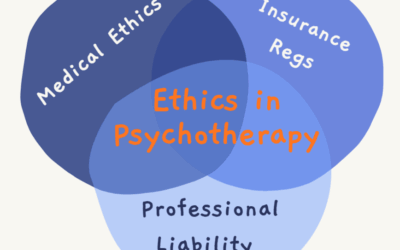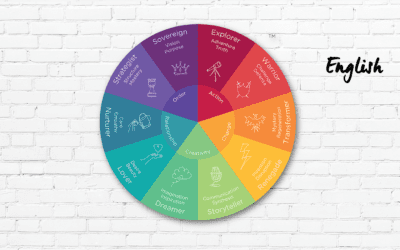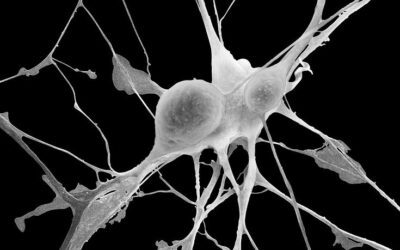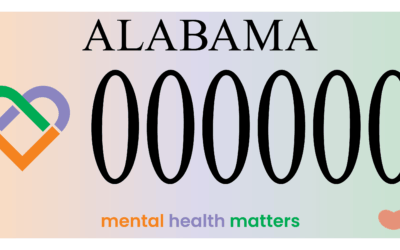How to Know if I Have Dyslexia?

Dyslexia is a learning difference that affects reading, writing, and spelling skills. Despite its challenges, individuals with dyslexia often possess unique strengths and can thrive with the right support and strategies. This article aims to shed light on dyslexia, dispel common misconceptions, and provide guidance for individuals with dyslexia and their support systems.
What is Dyslexia?
- Definition: Dyslexia is a neurological condition that impacts the way the brain processes written and spoken language.
- Prevalence: It is estimated that 5-10% of the population has dyslexia, making it one of the most common learning differences.
- Myths and misconceptions: Dyslexia is not related to intelligence, laziness, or poor vision. It is a specific learning difference that affects language processing skills.
Challenges Faced by Individuals with Dyslexia
- Reading and writing difficulties: Dyslexia can make it challenging to decode words, read fluently, and comprehend written material. Writing tasks, such as spelling and organizing thoughts on paper, may also be difficult.
- Phonological processing: Many individuals with dyslexia struggle with phonological awareness, which is the ability to recognize and manipulate the sounds in words.
- Working memory: Dyslexia can impact working memory, making it difficult to hold and manipulate information while reading or problem-solving.
Strengths and Talents of Individuals with Dyslexia
- Creativity and problem-solving: Many individuals with dyslexia excel in creative fields and are skilled at finding innovative solutions to problems.
- Spatial reasoning: Dyslexia is often associated with strong visual-spatial abilities, which can be valuable in fields such as art, design, and engineering.
- Empathy and emotional intelligence: Individuals with dyslexia may have heightened sensitivity to social cues and excel in roles that require emotional intelligence and interpersonal skills.
Strategies and Support for Individuals with Dyslexia
- Multisensory learning: Incorporating visual, auditory, and kinesthetic elements into learning can help individuals with dyslexia better understand and retain information.
- Assistive technology: Text-to-speech software, audiobooks, and spell-checkers can help individuals with dyslexia access and produce written material more effectively.
- Accommodations: Extended time on tests, reduced reading loads, and oral exams can level the playing field for students with dyslexia.
- Specialized instruction: Structured literacy programs, such as the Orton-Gillingham approach, can provide targeted, systematic instruction in reading and writing skills.
It’s essential to remember that dyslexia is a unique learning difference, and each individual’s experience and needs may vary. By focusing on strengths, providing appropriate accommodations, and promoting self-advocacy, individuals with dyslexia can achieve academic, personal, and professional success.
If you suspect that you or a loved one may have dyslexia, seeking an evaluation from a qualified professional can be an important first step in gaining understanding and accessing appropriate support services. With the right strategies and mindset, individuals with dyslexia can harness their unique talents and thrive in a world that values diversity in thinking and learning.
Types of Therapy


























0 Comments